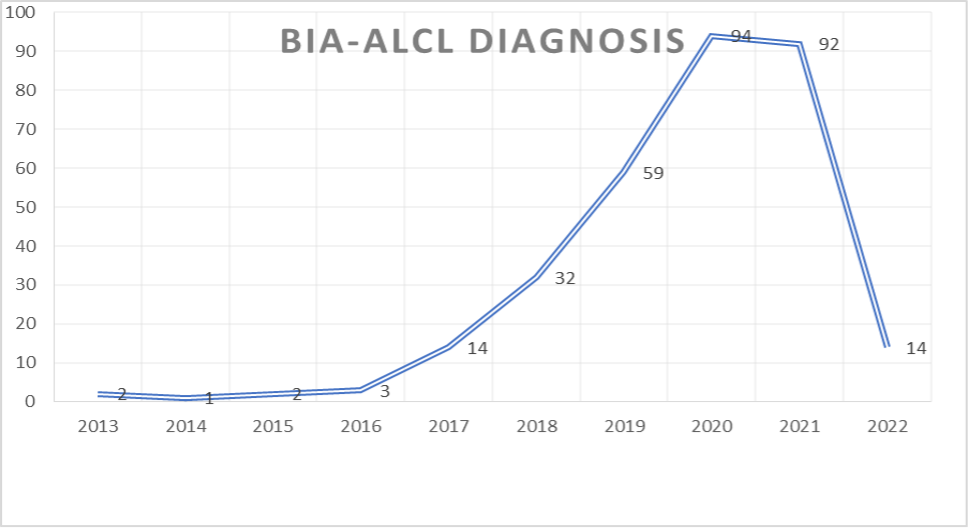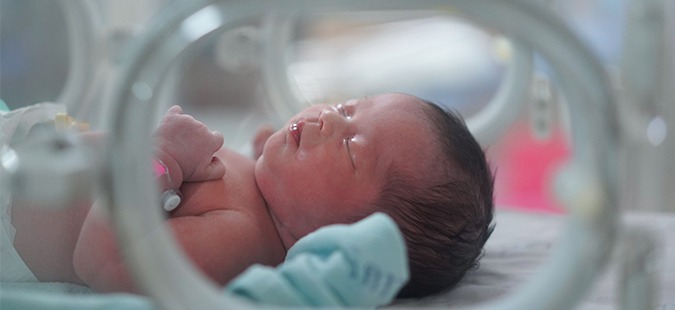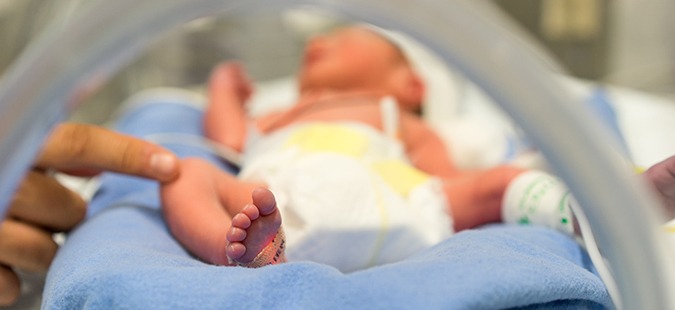In 2011, the Food and Drug Administration (FDA) identified a link between some textured breast implants and a form of Lymphoma known as Breast Implant-Associated Anaplastic Large Cell Lymphoma, or more commonly called BIA-ALCL.
Despite evidence to suggest there was a link between textured implants and BIA-ALCL, it wasn’t until July of 2019 that the FDA called for Allergan, a top producer of these implants, to place a voluntary recall on their textured implants. This came amid growing reports of women developing this rare form of cancer after receiving textured implants. Allergan complied and issued worldwide recall of their BIOCELL and NATRELLE textured implants and tissue expanders. Allergan’s implants and expanders has been confirmed to pose a greater risk for BIA-ALCL than other manufacturers similar textured implant models. The smooth surfaced implants and expanders manufactured by Allergan are not included in this recall and are still considered generally safe for use at this time.
If an individual is confirmed to have received these implants, they should know the signs and symptoms of BIA-ALCL. Cleveland Clinic reports that on average, symptoms begin to appear 8 years after implant but can present as early as one year after surgery. The most common symptoms to look for are sudden enlargement of one or both breasts, painful lumps in your breasts or armpits, hardening of one or both breasts, and skin rashes that could appear around the breast region.
Individuals with textured implants are encouraged to reach out to their medical provider and schedule an appointment to discuss the recall and their increased risk for cancer. Should symptoms be present, a physical exam by the provider and further testing such as a Magnetic Resonance Imaging (MRI) or Ultrasound may be ordered to search for a mass or fluid. If either are present, a biopsy may be necessary to test the surrounding fluid and tissue of the implants for signs of cancer
Many individuals with textured implants have opted to remove their implants out of the fear of developing cancer.
If you are your loved one have been diagnosed with BIA-ALCL or have had your recalled implants removed or replaced due to fear of developing BIA-ALCL, please contact one of our experienced attorneys here at The Yost Legal Group for a free consultation. We can be reached at 1-800-YOST-LAW (967-8529) or by emailing us at info@yostlaw.com. There is no fee unless we recover.










